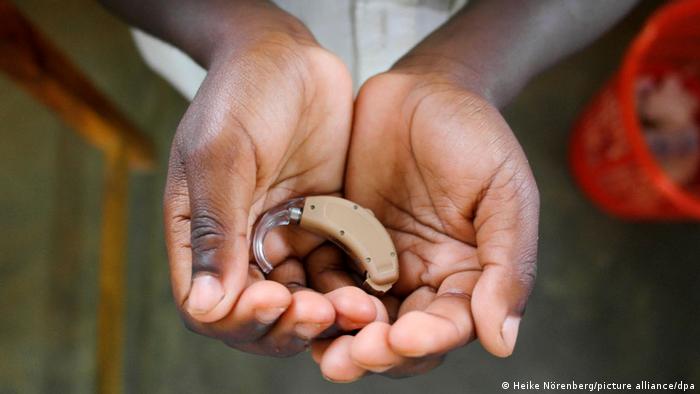IN the run-up to New Year’s Eve, some supermarkets and pharmacies still have reduced hours, so act now to make sure your medicine cabinet is in good shape.
It’s reassuring to have all the usual suspects stashed in case anyone comes down with a cold, flu, Covid or a particularly bad hangover.
And it’s a good idea to have on hand pain-relief tablets (paracetamol, ibuprofen), antihistamines for allergies, indigestion tablets and rehydration sachets for replacing fluid and minerals lost via any sickness or diarrhoea.
Check you’re fully stocked with plasters, sterile gauze, bandages, antiseptic and medical tape.
If you don’t have such a medical kit, get one – you never know when you might need it – and store it out of reach of children.
Here are some of the questions readers asked me this week . . . 
Q) I AM worried that I might have ovarian cancer as my stomach is always bloated.
A) There is a simple blood test your GP can do to screen for ovarian cancer. It’s called CA-125.
The ovaries are deep inside the body, so often there are no symptoms of ovarian cancer, or if there are, the symptoms can be vague.
According to the NHS, the ovarian cancer symptoms people experience frequently (12 or more times a month) include pain or tenderness in the tummy or the area between the hips (pelvis), no appetite or feeling full quickly after eating and an urgent need to pee or needing to pee more often.
One key recognised symptom is bloating or a swollen tummy, but having said that, there are many other more common causes of bloating, including irritable bowel syndrome, constipation and coeliac disease (an extreme allergy to gluten).
So if you haven’t already, see your GP so they can take a full history, carry out an examination and decide on what tests are necessary for you.
Please do let them know your fears about ovarian cancer so they can explore this with you and include the CA-125 test in the set of blood tests they order.
Q) FOR the past few months I have had a dull pain in my left testicle. I am 55. The pain is getting worse. What can you suggest?
A) While there are lots of different causes of testicular pain, they all need investigation to find out what’s going on, so if you haven’t already, please make an appointment to see your GP.
You say the pain is dull but if that changes and it becomes a sudden or severe pain, or if you’re feeling or being sick and have stomach pain, or if the pain increases in intensity, please go to your nearest A&E.
These symptoms could be a sign of testicular torsion, which occurs when a testicle twists on its own blood supply, and can result in the loss of the testicle if not treated promptly.
Have you knocked or banged it recently? Trauma to the area could account for the pain as it heals. It could also be a simple skin infection, a benign cyst, a hernia or swollen veins, which your GP can sort.
When it comes to testicles, lots of men worry about testicular cancer, and while it’s a possibility, usually testicle pain is also accompanied by a lump or swelling, which you haven’t mentioned.
Please try not to worry but do get to your GP so they can help get you out of pain.
Q) I HAVE gallstones. Is there any way I can avoid having to have an operation?
A) Gallstones are actually very common. Lots of people have them and they don’t cause any problems and they can be left alone.
They do cause problems when they get into the tube or duct that leaves the gallbladder.
If they block this tube, then the gallbladder contracts hard to try to overcome the blockage, and this is what causes severe pain.
You can make lifestyle changes to try to alleviate symptoms — alterations to diet, sometimes taking medication to reduce the acid in the stomach — but the recommended long-term solution for the majority of people who have problems with gallstones is, I’m afraid, an operation.
It’s called a cholecystectomy and is almost always done as keyhole surgery.
It’s deemed to be a very straightforward operation and often people will be out of hospital very quickly afterwards.
The best thing to do is to have your GP refer you to the surgical team who would do the surgery if you went ahead with it and they will talk you through all the available options.
They can explain things to you so you can make a decision.




